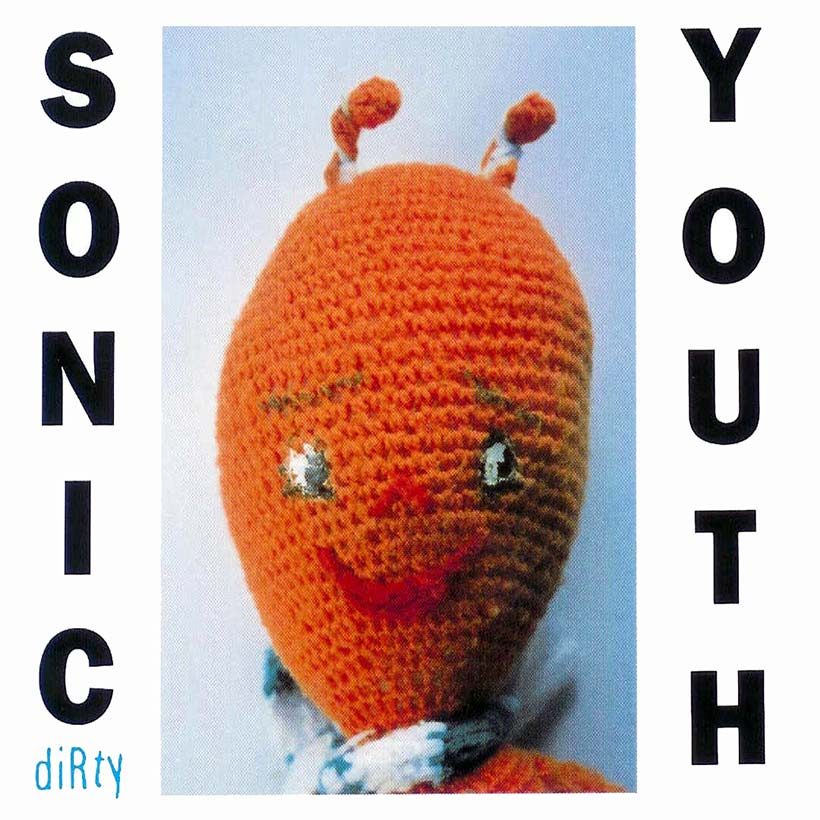‘Dirty’: How Sonic Youth Assaulted The Mainstream
With several albums and a decade’s worth of experimental music behind them, Sonic Youth hijacked the grunge mainstream with ‘Dirty.’

In the wake of Nirvana’s all-conquering success with Nevermind, Sonic Youth’s decision to work with producer Butch Vig seemed at first a calculated attempt to court similar mainstream ears. One listen to the album that became Dirty, however, blows all such notions out of the water.
Listen to Sonic Youth’s Dirty right now.
True, the album is notable for being their first to rely largely on songs that clock in at a radio-friendly three or four minutes, and Vig’s production certainly gave the group’s abrasive guitars additional punch, but these were perhaps the only concessions towards crafting anything remotely approaching a “unit shifter.” For one, the newfound brevity in song length (an unintelligible cover of proto-hardcore DC outfit The Untouchables’ “Nic Fit” doesn’t even scrape past a minute) didn’t extend to the album as a whole, making Dirty feel sometimes like an hour-long barrage from, on one side, Thurston Moore and Lee Ranaldo’s coruscating guitars, and, from the other, Kim Gordon’s alternately breathy and scratched vocals. With hardcore icon Ian MacKaye drafted in to add extra bite to “Youth Against Fascism,” it’s clear that the group, despite releasing that song as a single (where it beat the odds the group had stacked against themselves and No.52 in the UK), were making it as difficult as possible for newcomers to see Dirty as a gateway album.
Such was the brilliance of Sonic Youth at this time. Seven albums and a decades’ worth of experimental music-making behind them, Moore and co were able to condense their more outré instincts into short, sharp attacks, seemingly piggy-backing grunge’s ascendancy without, really, compromising at all.
Undoubtedly, however, the Seattle scene’s success certainly led some to expect more of the same from Nirvana’s labelmates: released on July 21, 1992, Dirty remains their highest-charting album in the UK, reaching a remarkably successful No.6, while also making it to No.83 in the US – their best Stateside showing up to that point. However, what the uninitiated made of the likes of “Swimsuit Issue’”s frank address of sexual harassment in the workplace (coupled with a somber roll call of some of the titular magazine’s models), or the closing “Crème Brûlèe,” which was partially built around the sound of Thurston Moore trying to turn his equipment on (and features Gordon’s couplet, “Last night I dreamt I kissed Neil Young/If I was a boy I guess it would be fun”) is anyone’s guess.
What’s obvious, however, is that Sonic Youth reveled in the opportunity to hijack the grunge mainstream with some patented NYC avant-garde hijinks – and that Dirty remains a high point in a singular career.












